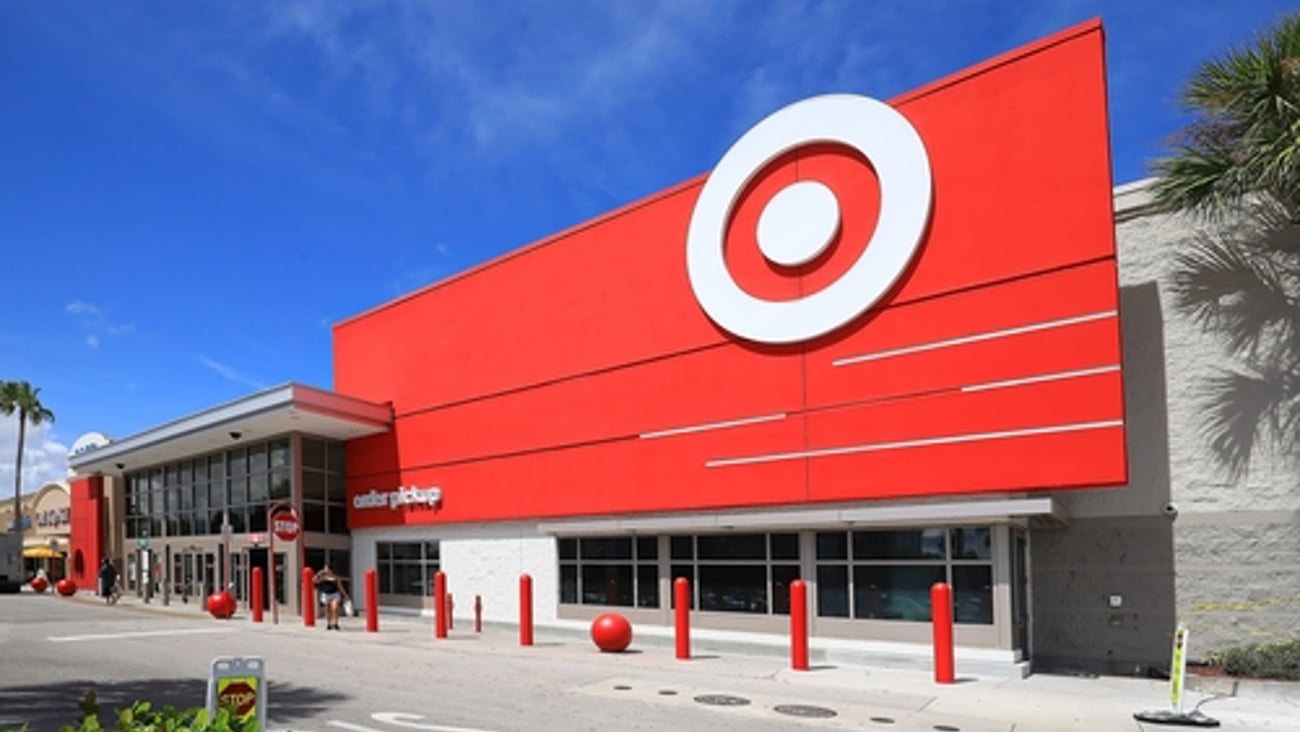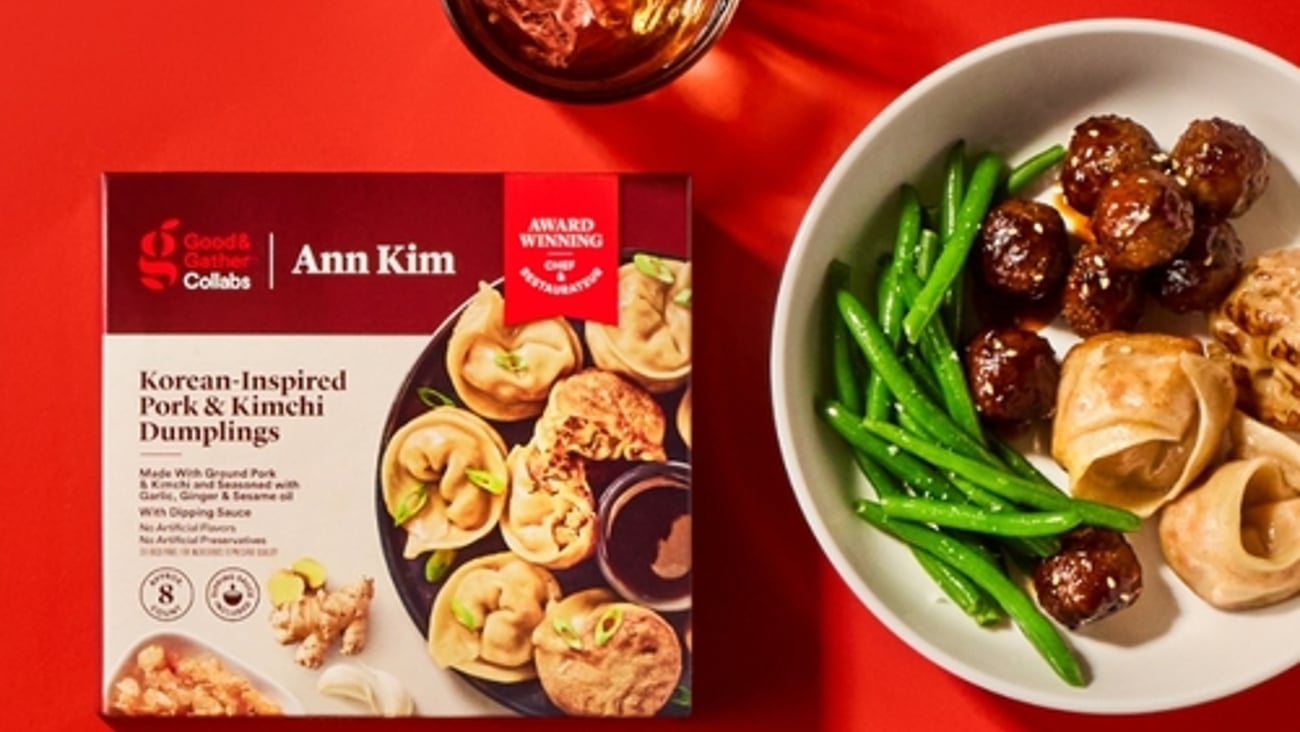Transparency is about more than product ingredients
According to research by Label Insight, a Chicago-based data science firm focusing on transparency solutions for packaged products, 94 percent of consumers say it is “important to them that the brands and manufacturers they buy from are transparent about what is in their food and how it is made.” In addition, 83 percent of consumers say they would “find value in having access to more in-depth product information.”
Grocery retailers such as West Sacramento, Calif.-based Raley’s and Asheville, N.C.-headquartered Earth Fare are doing a great job of telling customers what’s in every product on their store shelves, as an upcoming “Total Store” article in the March issue of Store Brands describes in detail. In partnership with Label Insight, Raley’s developed a new Shelf Guide system that identifies which products on its center store shelves are minimally processed, nutrient-dense or made using added sugar, as well as which products meet the more well-established criteria for organic, non-GMO, gluten-free, vegan or kosher. Earth Fare, a natural and organic retailer, does not allow any products in its stores that are not clean label and free of a “boot list” of hundreds of chemicals.
While consumers of all generations want to learn more about the food they eat and are seeking more healthful, less-processed products, it is millennials who are especially interested in the backstory of every item, says Kieran Forsey, the CEO of Solutions for Retail Brands (S4RB), a United Kingdom-based consulting firm and software solutions provider specializing in private brands. Retailers with store brands need to be “more visible about the origins of the ingredients, their store practices, and the processes that are undertaken in making the products,” he notes. “That’s what millennials really want to know. They are looking more and more for the story behind the products.”
Fred Bedore, senior director for sustainability at Walmart, expressed a similar view of transparency at last fall’s TransparencyIQ conference, which was sponsored by Store Brands’ parent company, Ensemble IQ, and Label Insight. “We see very much this discussion of transparency being about our own operations as well as the products,” Bedore told attendees, later also emphasizing the importance of supply chain sustainability.
Walmart is committed to understanding the environmental impact of all the products sold in its stores and online. This is an extremely tall order given that Walmart carries 150,000 SKUs in a typical supercenter and sells many more products via e-commerce, as Bedore noted. But the world’s largest retailer has taken bold strides to assess its supply chains, using third-party organizations to conduct lifecycle analyses of products in various categories. Depending on the category, the analyses address water usage, chemical usage, disposal and landfill issues, and greenhouse gas emissions and identify whether problem areas occur during the production phase or at the end of use.
These sustainability assessments (and other analyses related to suppliers’ corporate social responsibility) have influenced how Walmart sources products and ingredients, how products are produced, and what vendors the retailer partners with, according to Bedore. Equally important, by sharing data with suppliers, Walmart has prevailed on many of them to improve their sustainability scores just as Walmart itself is doing. Begun a few years ago, this herculean undertaking is still in the early stages but it is already starting to achieve results.
At Earth Fare, which now has 46 stores, environmental sustainability is also front and center in its sourcing decisions and in the new stores the company is building. “We use particular coatings on our roofs that keep the buildings cooler in the summer and warmer in the winter,” points out Frank Scorpiniti, Earth Fare’s president and CEO. “We have systems that recapture heat, so we don’t have to heat our water with electricity or gas.”
At a newly renovated store in Nashville, Earth Fare installed a solar charging station in the parking lot. “You can plug in your Prius while you’re shopping,” Scorpiniti notes. “We’re pulling energy out of the sun to charge up your car. Our customers love it.”
Retailers of all sizes should be commended for outstanding wellness, sustainability and CSR initiatives and for effectively spreading the word with consumers.
Schierhorn, the managing editor of Store Brands, can be reached at [email protected].





